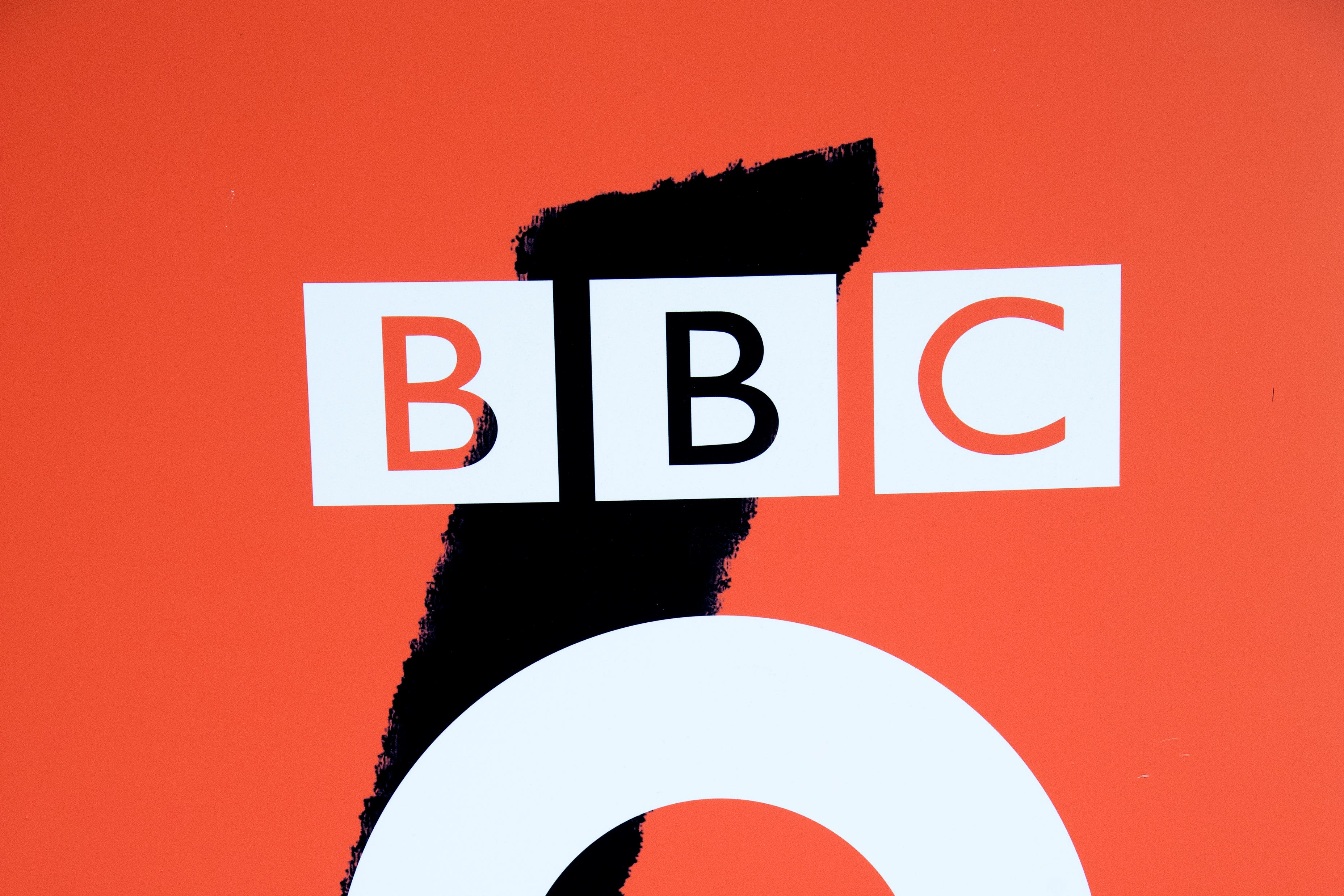Commercial operators lose challenge over Ofcom approval of BBC Radio 1 Dance
Industry body Radiocentre Ltd brought legal action against the UK media regulator over the launch of the online-only stream.

Commercial radio operators have lost a High Court challenge against Ofcom’s handling of the launch of the BBC’s Radio 1 Dance (R1D) music stream.
Radiocentre Ltd, the industry body for commercial radio, brought legal action against the UK media regulator over its approval of the online-only stream without requiring the BBC to carry out a “public interest test” (PIT).
Under rules agreed between the BBC and the Government, the broadcaster must conduct a PIT whenever it proposes making a “material change” to the “UK Public Services” (UKPS).
Lawyers for Radiocentre told a hearing in London in November last year that its case centred on whether Ofcom had acted “irrationally” by concluding R1D was not a new UKPS because it was not broadcast on “digital audio broadcasting” (DAB) over conventional radio channels.
I think the answer is obvious that R1D was not a new UKPS because it is an online service only, and not a radio service
Ofcom and the BBC’s legal teams opposed the legal challenge, arguing that launching R1D in October 2020, available through the BBC Sounds platform, was not a “material change” to the UKPS nor a new UKPS as it falls within the existing “BBC Online” umbrella.
In a ruling on Thursday, Mr Justice Julian Knowles dismissed Radiocentre’s case, concluding that “it is plain that R1D falls within BBC Online” and was “obviously an online service”.
“R1D is part of BBC Sounds and thus, it seems to me, cannot be a new UKPS either,” the judge said.
He added: “I think the answer is obvious that R1D was not a new UKPS because it is an online service only, and not a radio service.”
Lawyers for Radiocentre, which works on behalf of some 50 stakeholders operating more than 300 licensed radio stations across the UK, previously argued that Ofcom’s R1D stance had “wide implications” for the radio and TV regulatory landscape.
The industry body’s legal team also claimed the regulator took a “fundamentally flawed” approach to the potential competitive impact to their sector and failed to ensure they were properly consulted.
Timothy Otty KC, for Radiocentre, told last November’s hearing that Ofcom’s position created a regulatory gap and would allow the BBC, an interested party in the case, to launch new services without a mandatory PIT requirement if these were not broadcast via terrestrial radio or television.
Mr Otty said R1D, which has a 24-hour, seven-days-a-week schedule, had features of a “new radio service”, appearing on the dial of the BBC Sounds app “indistinguishably” from other radio stations, and challenged the claim it featured no exclusive content.
Tristan Jones, representing Ofcom, said in written arguments that R1D featured “no exclusive content”, had a large number of repeats, was not available on traditional radios and had a “very small audience”.
He said Ofcom’s approach did not mean the regulator “would simply sit back and do nothing until competitive harm has been done”.
The regulator and the BBC continued to act “sensibly and responsibly”, Mr Jones said, with the regulator also having the power to conduct a “BBC competition review” (BCR) at any time.
Ofcom’s decision that the introduction of the R1D online stream to BBC Sounds is not a material change to BBC Online was well within the scope of Ofcom’s regulatory judgment
He said Ofcom had correctly understood the facts around R1D’s launch and that it had sufficient information to reach its decision without requiring further consultation with commercial radio.
Monica Carss-Frisk KC, for the BBC, said in written arguments that the Radiocentre case was “ill-founded” and involved a “wholesale attack” on the regulatory framework.
“Ofcom’s decision that the introduction of the R1D online stream to BBC Sounds is not a material change to BBC Online was well within the scope of Ofcom’s regulatory judgment,” she said.
She said the BBC had informed Ofcom and the industry of its plans for R1D, part of a bid to appeal to “younger and more diverse audiences”, and had “engaged appropriately with stakeholders” despite having “no obligation” to consult with commercial radio.
Mr Justice Julian Knowles said the broadcaster and Ofcom had previously concluded that the launch of BBC Sounds, which collated the broadcaster’s radio, music and podcast output from 2018, was not a new UKPS and fell within BBC Online, with there being no challenge to the decisions.
The judge said “online-only offerings which closely resemble traditional broadcast radio or television services can nonetheless fall within BBC Online”.
He did not accept that Ofcom’s decision was “flawed”, adding: “Ofcom did not misunderstand the BBC’s plans and committed no error of fact”.
“I am not satisfied there was any procedural unfairness,” the judge said, finding that commercial radio had “very many opportunities” to comment or object to a new BBC dance stream from early 2020.
A BBC spokesperson said after the ruling: “We are pleased with the judgment which recognises that the BBC was open about our plans and had engaged appropriately with Ofcom and commercial radio.
“The curated Radio 1 Dance stream was designed to make it easy for new and existing audiences to find and enjoy high quality, distinctive dance content by bringing together Radio 1’s rich slate of existing dance programmes and gives audiences more flexibility to listen to their favourite BBC content.”
